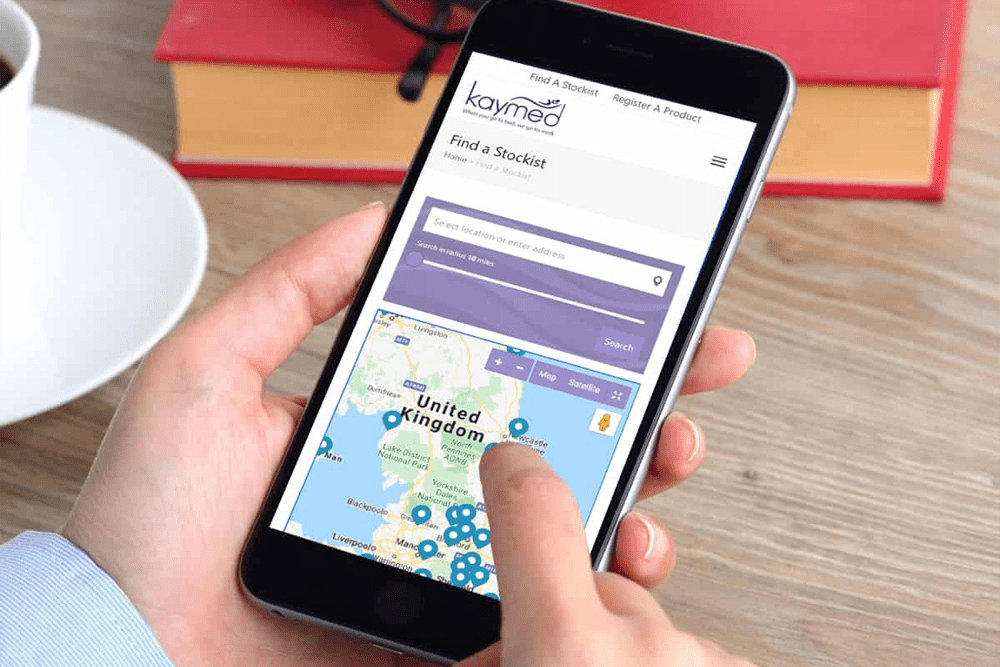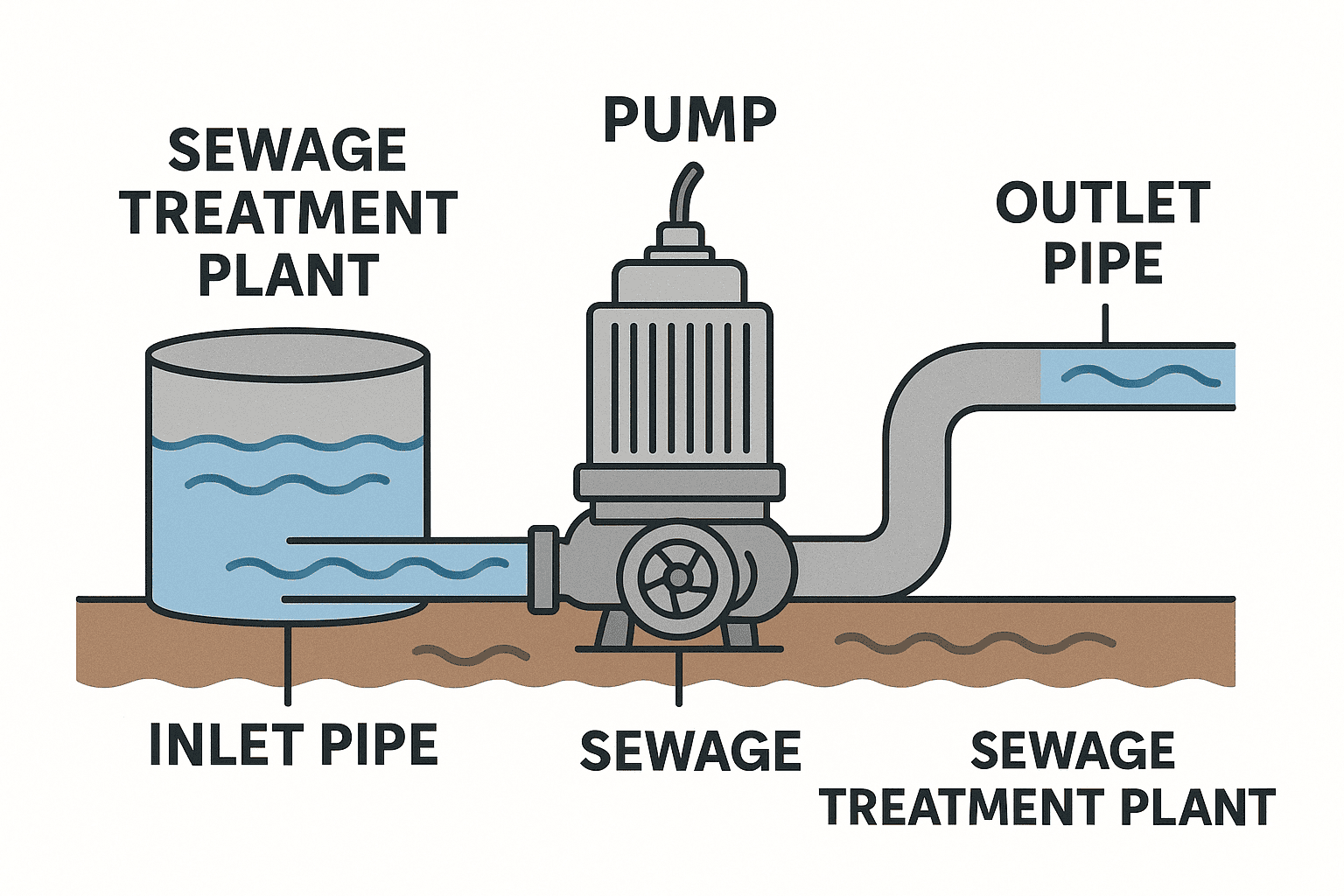A Customer Relationship Management (CRM) system offers numerous benefits to businesses across various industries. In this article we look at what are the benefits of a CRM system
- Centralised Customer Data: A CRM system helps gather and organise customer information in one central location. This allows businesses to have a comprehensive view of each customer’s interactions, purchase history, preferences, and more, enabling personalised and targeted communication.
- Improved Customer Relationships: With a CRM system, businesses can better understand their customers’ needs and preferences. This enables them to provide more personalised and relevant interactions, leading to stronger customer relationships and increased loyalty.
- Enhanced Communication: CRM systems facilitate seamless communication within the organisation. Teams can collaborate and share customer data, ensuring that everyone is on the same page and delivering consistent messaging to customers.
- Sales and Lead Management: CRM systems help streamline sales processes by providing tools to track leads, manage opportunities, and forecast sales. This leads to more efficient sales operations and improved conversion rates.
- Automation of Tasks: Many routine and manual tasks, such as sending follow-up emails, scheduling appointments, and tracking customer interactions, can be automated through a CRM system. This frees up employees’ time for more value-added activities.
- Data Analytics and Reporting: CRM systems offer reporting and analytics capabilities that allow businesses to gain insights into their customer data. This helps in making informed decisions, identifying trends, measuring performance, and adapting strategies accordingly.
- Marketing Campaigns: CRM systems enable targeted and personalised marketing campaigns. Businesses can segment their customer base based on various criteria and send tailored messages, increasing the effectiveness of marketing efforts.
- Customer Service Improvement: With a CRM system, customer service teams can access customer information quickly and efficiently. This leads to faster issue resolution, better customer support, and a more positive customer experience.
- Cross-Selling and Upselling: By analysing customer behaviour and preferences, CRM systems can suggest relevant products or services to customers, increasing opportunities for cross-selling and upselling.
- Retention and Churn Reduction: Through better understanding of customer needs and timely engagement, CRM systems can help businesses proactively address issues and concerns, reducing customer churn and improving retention rates.
- Scalability: As a business grows, managing customer relationships becomes more complex. CRM systems offer scalability by accommodating a larger volume of customer data and interactions without sacrificing efficiency.
- Mobile Access: Many modern CRM systems offer mobile applications, allowing salespeople and other customer-facing teams to access and update customer information on the go, enhancing productivity and responsiveness.
A CRM system can significantly contribute to a business’s success by fostering better customer relationships, increasing operational efficiency, enabling data-driven decision-making, and enhancing overall customer experience.
Typical information and data held in a CRM System
A Customer Relationship Management (CRM) system is designed to gather and manage various types of customer information to enhance business relationships, streamline communication, and improve overall customer experiences. Typically, a CRM system contains a wide range of customer-related data that collectively provides businesses with insights to better understand and serve their customers.
One category of customer information stored in a CRM system includes basic contact details. This includes names, addresses, phone numbers, email addresses, and other relevant demographic information. These details help businesses communicate with customers effectively and keep their contact information up to date.
Furthermore, CRM systems often house information about a customer’s interactions and history with the business. This encompasses a record of previous purchases, orders, transactions, and interactions across various touchpoints such as emails, phone calls, and website visits. This historical data enables businesses to tailor their offerings and communication to match customers’ preferences and needs.
Additionally, customer preferences and behaviour data are commonly collected and stored in CRM systems. This could involve insights into the types of products or services a customer is interested in, their browsing behaviour on the company’s website, their response to marketing campaigns, and more. Such information aids businesses in delivering personalised recommendations and targeted marketing efforts.
In many CRM systems, notes and communication history play a vital role. These records capture important details about conversations, inquiries, complaints, and feedback provided by customers. Keeping track of these interactions helps businesses ensure consistent and efficient communication across different team members and departments.
Another critical aspect of customer information within a CRM system is lead and opportunity data. This involves tracking potential sales opportunities, leads, and prospects. Businesses can prioritise and manage these opportunities to convert them into actual sales through efficient follow-up and nurturing.
Furthermore, some CRM systems integrate social media interactions. This might include monitoring social media mentions, comments, and messages related to the business. This allows companies to engage with customers on various platforms and address any concerns or inquiries promptly.
In recent years, data related to customer sentiment and feedback has gained significance. CRM systems might incorporate tools to analyse customer sentiment based on their interactions, reviews, and feedback. This insight provides a deeper understanding of customer satisfaction levels and areas for improvement.
CRM systems typically holds a comprehensive range of customer information, including contact details, transaction history, preferences, communication records, lead data, social media interactions, and feedback. This wealth of data empowers businesses to build stronger relationships, offer personalized experiences, and make informed strategic decisions to meet customer needs effectively.
Improved Customer Relationships
A Customer Relationship Management system can significantly enhance customer relationships by providing a comprehensive platform for businesses to manage, analyse, and interact with their customers in a more personalised and efficient manner. One of the primary ways a CRM system achieves this is by centralising customer data from various touchpoints, such as emails, phone calls, social media interactions, and purchase history. This centralised database enables businesses to have a holistic view of each customer, helping them understand their preferences, behaviours, and needs more deeply.
With this comprehensive customer profile, businesses can tailor their interactions to be more personalised and relevant. By analysing past interactions and purchase history, companies can anticipate customer needs and preferences, leading to more effective communication and targeted marketing efforts. This personalisation not only makes customers feel valued and understood but also increases the likelihood of repeat business and customer loyalty.
CRM systems also streamline communication within an organisation. Different departments can access the same customer information, enabling smoother collaboration and avoiding duplication of efforts. This translates to quicker issue resolution and a consistent customer experience across touchpoints. For instance, a customer who contacts the support team about a product issue can be assisted more effectively if the support team has access to the customer’s purchase history and previous interactions with sales or marketing.
Another critical feature of CRM systems is task automation. Routine tasks like sending follow-up emails, scheduling appointments, and tracking leads can be automated, allowing employees to focus on higher-value tasks that require human intervention. This not only boosts productivity but also ensures that no important follow-ups or interactions fall through the cracks.
Furthermore, CRM systems facilitate data-driven decision-making by providing valuable insights and analytics. Businesses can track key performance indicators (KPIs) such as conversion rates, customer satisfaction scores, and sales trends. These insights help identify strengths and areas for improvement, enabling businesses to fine-tune their strategies for better customer engagement and satisfaction.
A CRM system also supports effective customer service by providing a platform for issue tracking and resolution. Customer inquiries and complaints can be logged, assigned, and tracked within the system, ensuring timely and consistent responses. This demonstrates a commitment to customer satisfaction and helps in building trust and positive relationships.
A well-implemented CRM system has the potential to transform how businesses engage with their customers, fostering improved relationships. By centralising customer data, enabling personalisation, automating tasks, facilitating cross-departmental collaboration, and offering valuable insights, a CRM system empowers businesses to enhance customer experiences, boost loyalty, and ultimately drive growth.
Streamlining sales processes
A Customer Relationship Management (CRM) system plays a pivotal role in streamlining sales processes by providing a centralised platform that enables businesses to manage, track, and optimise their interactions with customers and prospects. One of the primary benefits of a CRM system is its ability to enhance communication and collaboration within the sales team. Through shared access to customer data, sales representatives can stay up-to-date on interactions, leads, and opportunities, leading to better coordination and reduced duplication of efforts.
Efficient lead management is another significant aspect of CRM’s impact on sales processes. CRM systems allow for the organised collection and segmentation of leads, making it easier to prioritise and target the most promising opportunities. Automation tools within CRM platforms can assist in lead scoring, routing, and nurturing, ensuring that salespeople focus their efforts on leads that are most likely to convert, resulting in higher efficiency and increased conversion rates.
Furthermore, CRM systems facilitate the tracking of customer interactions across various touchpoints. This tracking capability provides sales teams with valuable insights into customer behaviours, preferences, and pain points. By understanding the customer journey more comprehensively, sales representatives can tailor their approach, offer relevant solutions, and provide a personalised experience that resonates with potential buyers.
Sales forecasting and performance analysis are also greatly improved with the integration of CRM systems. These platforms offer features such as sales pipeline management and reporting, allowing sales managers to gain a real-time view of ongoing deals, assess the team’s progress, and identify potential bottlenecks. Accurate forecasting is crucial for resource allocation, goal setting, and strategic decision-making, all of which contribute to the overall effectiveness of the sales process.
In addition to internal benefits, CRM systems can enhance customer satisfaction by enabling sales representatives to maintain a holistic view of customer interactions. This empowers salespeople to address inquiries, resolve issues, and follow up on commitments in a timely manner, leading to improved customer relationships and loyalty.
CRM system serves as a central hub that optimises sales processes by fostering collaboration, enhancing lead management, providing insights for personalised approaches, enabling accurate forecasting, and ultimately driving better customer interactions. Through these multifaceted capabilities, CRM systems contribute to streamlined operations, improved efficiency, and increased revenue generation for businesses across various industries.
Facilitating data analytics
A Customer Relationship Management (CRM) system plays a pivotal role in facilitating data analytics and reporting within an organisation. By consolidating and organising vast amounts of customer-related information, a CRM system offers a robust foundation for generating valuable insights that can drive informed decision-making and business growth.
One of the primary ways in which a CRM system supports data analytics is by centralising customer data. This includes contact details, communication history, purchase history, interactions, and more. By providing a unified view of customer interactions across various touchpoints, a CRM system enables businesses to analyse customer behaviours and preferences. This, in turn, allows for the identification of trends, patterns, and correlations that can inform marketing strategies, product development, and customer service improvements.
Data segmentation and profiling are enhanced by a CRM system’s capabilities. Through segmentation, businesses can categorize customers based on demographics, buying habits, engagement levels, and other criteria. This segmentation enables targeted marketing campaigns tailored to specific customer groups, resulting in higher engagement rates and increased conversions. Moreover, CRM systems aid in creating customer profiles enriched with behavioural and transactional data, empowering organisations to better understand their customers’ needs and preferences.
Reporting is a crucial aspect of data analysis, and a CRM system simplifies this process significantly. CRM platforms often come equipped with customisable reporting tools that allow users to generate various reports and dashboards tailored to their specific requirements. These reports can include metrics such as sales performance, customer retention rates, conversion rates, and more. By offering real-time insights into key performance indicators, a CRM system empowers decision-makers to monitor progress, assess the effectiveness of strategies, and make timely adjustments when needed.
Predictive analytics is another area where CRM systems prove their value. By leveraging historical data and applying advanced algorithms, CRM systems can forecast future customer behaviours and trends. This predictive capability enables businesses to anticipate customer needs, plan inventory, and design proactive marketing initiatives, resulting in a competitive advantage.
Furthermore, a CRM system’s integration with external tools and data sources enhances its data analytics potential. Businesses can combine CRM data with data from other systems, such as marketing automation platforms or social media analytics tools. This holistic approach provides a comprehensive view of customer interactions across multiple channels, enriching the analysis and enabling a more accurate assessment of customer journeys.
A CRM system serves as a cornerstone for effective data analytics and reporting within an organisation. Through data consolidation, segmentation, reporting tools, predictive analytics, and integrations, CRM systems empower businesses to unlock valuable insights from their customer data. These insights, in turn, guide strategic decisions, enhance customer relationships, and foster sustainable growth in today’s data-driven business landscape.
A CRM (Customer Relationship Management) system can significantly enhance cross-selling and upselling efforts within a business by providing a comprehensive and organised platform to manage customer interactions, preferences, and purchase history. These functionalities enable companies to create more targeted and personalised sales strategies, thereby increasing the likelihood of successfully cross-selling and upselling products or services to their existing customer base.
One of the primary ways a CRM system aids in cross-selling and upselling is through the consolidation of customer data. By centralising information such as previous purchases, browsing history, communication preferences, and demographic details, businesses can gain a holistic understanding of each customer’s behaviour and preferences. Armed with this knowledge, sales teams can identify potential cross-selling opportunities where related products or services can complement the customer’s existing purchases. Moreover, the CRM system can highlight potential upselling opportunities by identifying customers who might benefit from premium or advanced versions of products they’re already using.
Another critical feature of CRM systems is the ability to segment customers into distinct groups based on various criteria. This segmentation allows businesses to create highly targeted marketing campaigns for cross-selling and upselling purposes. For instance, a company can create segments of customers who have purchased a specific product but not yet purchased its complementary add-ons. By tailoring messages and offers to these segments, businesses can engage customers with personalised recommendations that are more likely to resonate and result in additional sales.
Furthermore, CRM systems facilitate ongoing communication with customers. Through automated email marketing or personalised notifications, companies can inform customers about new products, upgrades, or bundles that align with their preferences and previous purchases. These touchpoints keep customers engaged and aware of the broader range of offerings, making them more receptive to cross-selling and upselling efforts.
Moreover, the analytical capabilities of CRM systems play a pivotal role. Businesses can analyse purchasing patterns, customer behaviour, and campaign performance to refine their cross-selling and upselling strategies over time. By tracking which strategies are yielding the best results, companies can optimise their efforts and allocate resources effectively to maximise revenue generation from existing customers.
A CRM system acts as a strategic tool to support cross-selling and upselling initiatives by centralising customer data, facilitating segmentation, enabling personalised communication, and providing analytical insights. Through these capabilities, businesses can deliver tailored recommendations and offers to customers, enhancing the overall customer experience and driving additional revenue from their existing clientele.










